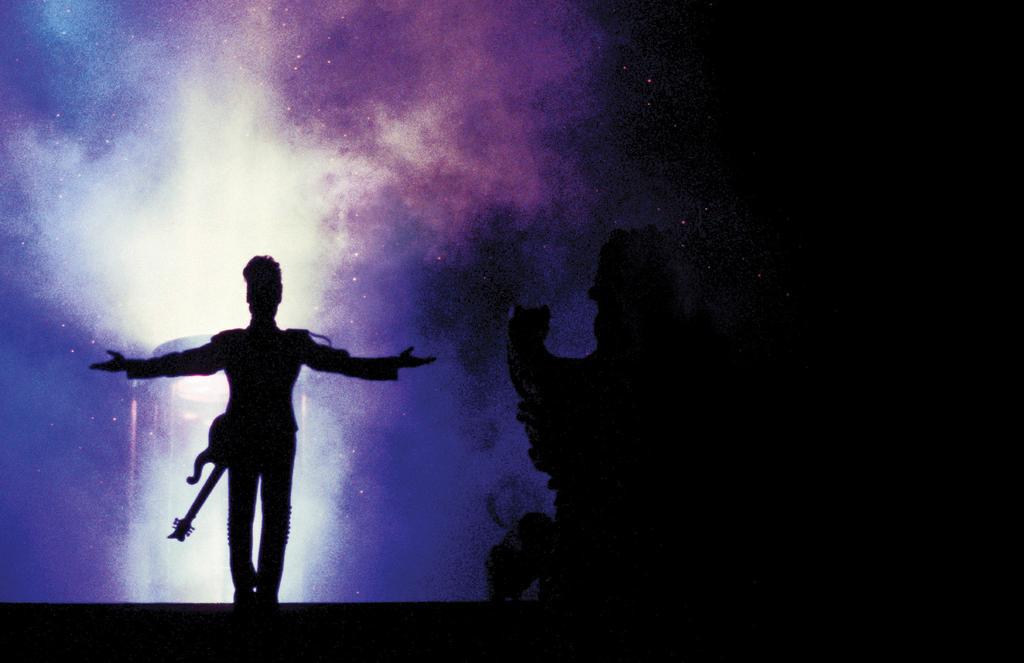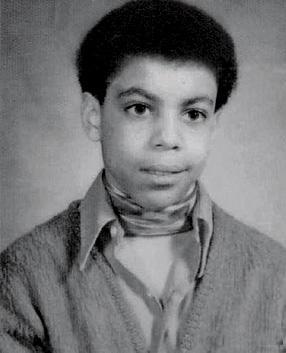A Superhero in a Human’s Body

@fredguterl

SOMETHING RELATABLE
“She was a human being, not just this monster.” » P.48

IN A ROLLING STONE INTERVIEW PUBLISHED IN 1985, Prince told writer Neal Karlen about a pivotal moment in his life: the time his father kicked him out of the house. From a pay phone, Prince pleaded with his dad to take him back: “He still said no. I sat crying at that phone booth for two hours. That’s the last time I cried.” It made for a terrific origin story: a sobbing kid—then known by his nickname Skipper—emerges from a phone booth to become Prince the star. Except it wasn’t true. As Karlen later learned, Prince’s father had never kicked him out.
Karlen says, “Ken Kesey had that line: ‘The trouble with superheroes is what to do between phone booths.’ I think that Prince had that problem.”
That revelation is just one of many about the star in Karlen’s (St. Martin’s Press). A former editor, the Minneapolis-based Karlen is one of the few journalists who had access to the notoriously private and eccentric musician, penning three cover stories about him for between 1985 and 1990. In his book, Karlen draws from his recollections, notes and tapes, to paint an illuminating and intimate portrait of a supremely talented and complex artist. “He was a contradiction—more than any person I’ve known,” Karlen says.
You’re reading a preview, subscribe to read more.
Start your free 30 days





